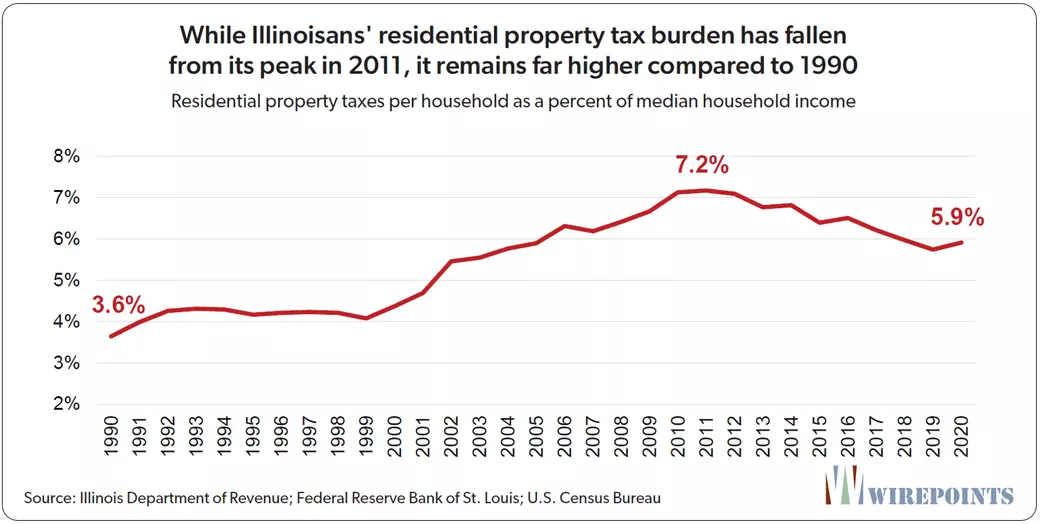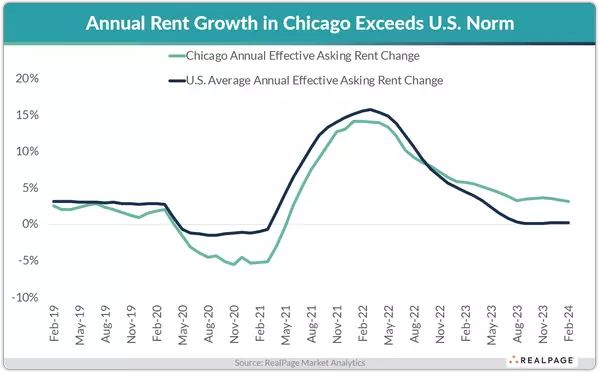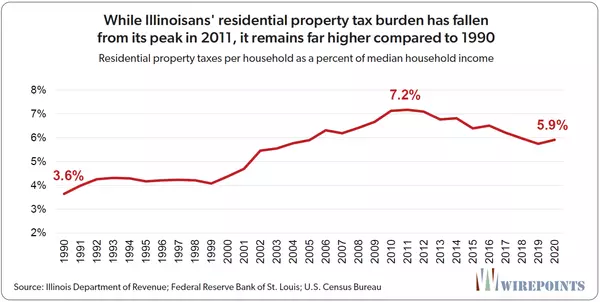Understanding Chicago's Property Tax System: What Homeowners Need to Know

Chicago’s property tax system can be a daunting topic for both new and seasoned homeowners. With its complexities and impact on housing affordability, understanding how property taxes are calculated, assessed, and utilized is essential for anyone owning or considering purchasing a home in the area. This guide will break down the fundamentals and provide insights into navigating Chicago’s property tax landscape.
How Property Taxes Are Assessed
Property taxes in Chicago are determined by the Cook County Assessor’s Office, which evaluates the market value of a property. This value is then adjusted by an assessment level, currently set at 10% for residential properties. Once the assessed value is established, it’s multiplied by the local tax rate to calculate the property tax bill.
Factors influencing property tax assessments include:
- Market Trends: Rising property values can lead to higher assessments.
- Home Improvements: Additions or major renovations can increase a home’s assessed value.
- Location: Neighborhood tax rates and public service funding needs affect the final bill.
Understanding the Tax Bill
Chicago homeowners receive property tax bills twice a year:
- The First Installment: Typically due in March, this installment is based on the previous year’s total tax bill.
- The Second Installment: Due in late summer or early fall, this reflects any changes in assessed value or tax rates.
Your tax bill includes detailed information on:
- Taxing Bodies: Schools, libraries, parks, and other public services funded by property taxes.
- Exemptions: Homeowners, seniors, and veterans may qualify for tax reductions.
Exemptions and Appeals
Cook County offers several exemptions to help reduce property tax burdens:
- Homeowner Exemption: For primary residences, lowering the assessed value.
- Senior Citizen Exemption: Providing additional relief for homeowners aged 65 and older.
- Veteran Exemptions: For qualifying veterans and disabled persons.
If you believe your property’s assessed value is inaccurate, you have the right to appeal. The appeals process involves providing evidence, such as comparable property values or errors in the assessment, to the Assessor’s Office or the Cook County Board of Review.
The Bigger Picture: Where Do Your Taxes Go?
Property taxes are a significant revenue source for public services in Chicago. Approximately 60% of collected taxes fund schools, while the remainder supports infrastructure, public safety, and local government operations. Understanding how these funds are allocated can provide homeowners with a clearer picture of the value their taxes bring to the community.
Personal Observations
As someone who has worked closely with buyers and sellers across Chicago, I’ve often seen how property taxes influence housing decisions. For many clients, understanding these taxes is just as important as choosing the right neighborhood or home. I’ve navigated countless conversations about taxes with clients, helping them anticipate costs and leverage exemptions effectively. It’s rewarding to see homeowners become more confident when they fully grasp their tax obligations.
Tips for Managing Property Taxes
- Stay Informed: Monitor assessment notices and tax bills to catch discrepancies early.
- Claim Exemptions: Ensure you apply for all exemptions you qualify for each year.
- Consider an Appeal: Don’t hesitate to challenge assessments if you believe they’re too high.
- Work with Professionals: Real estate agents, attorneys, or tax advisors can help clarify your property tax situation and navigate appeals.
Final Thoughts
While Chicago’s property tax system may seem complex, understanding its components and processes can help homeowners manage costs and avoid surprises. By staying proactive and informed, you can ensure that your tax bill reflects your property’s true value and takes advantage of any available exemptions.
Whether you’re a first-time buyer or a long-time homeowner, taking the time to understand Chicago’s property tax system is an investment in your financial future. It’s one of the many ways you can make informed decisions that benefit both your household and the broader community.
Vic Melecio - LPT Realty
Categories
Recent Posts












